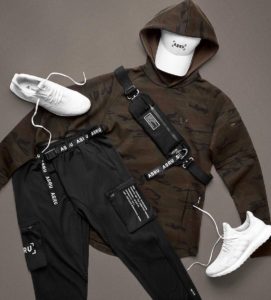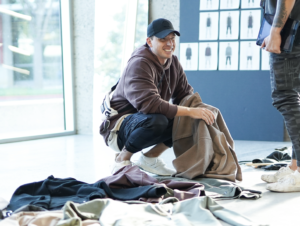Rachel Zietz began her company at the age of 13 with the desire to provide lacrosse players with quality, affordable practice equipment. She created Gladiator Lacrosse after observing a lack of reliable and inexpensive products in the marketplace. This company’s unique value proposition lies in its mission to provide youth lacrosse players with value-maximizing equipment. Rachel is an excellent example of a problem solver, taking an observation based on her own experience and then capitalizing on the market for more affordable gear. The reason that Rachel serves as an inspiration to other aspiring entrepreneurs is that she was able to create her company while she was still in High School and from there was able to scale the company into a profitable and respected organization.
With the cost to play lacrosse and purchase equipment that is necessary for improvement and skill progression being among the highest of any sport, it is remarkable that Zietz was able to alter the reshape the lacrosse market as we know it and provide great products at even better prices. Zietz’s decision to start the company showed that she had what it took adapt and overcome a variety of challenges, from sourcing products, to building her marketshare. It is inspiring to see what she was able to accomplish with Gladiator Lacrosse.








